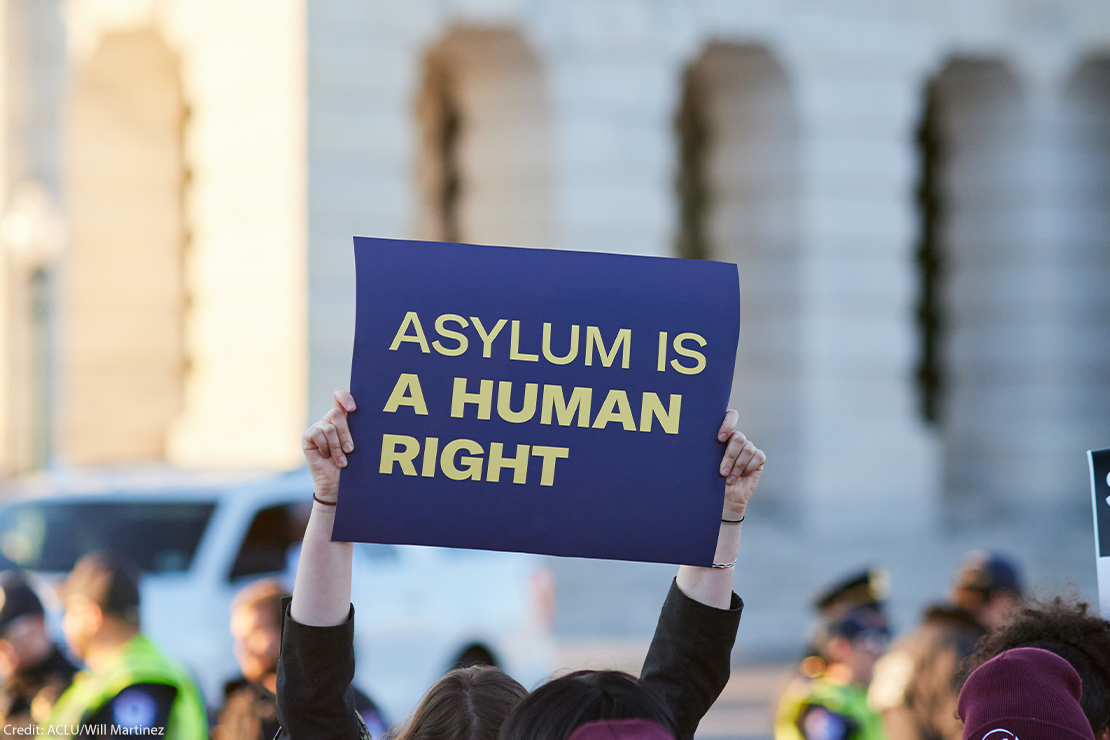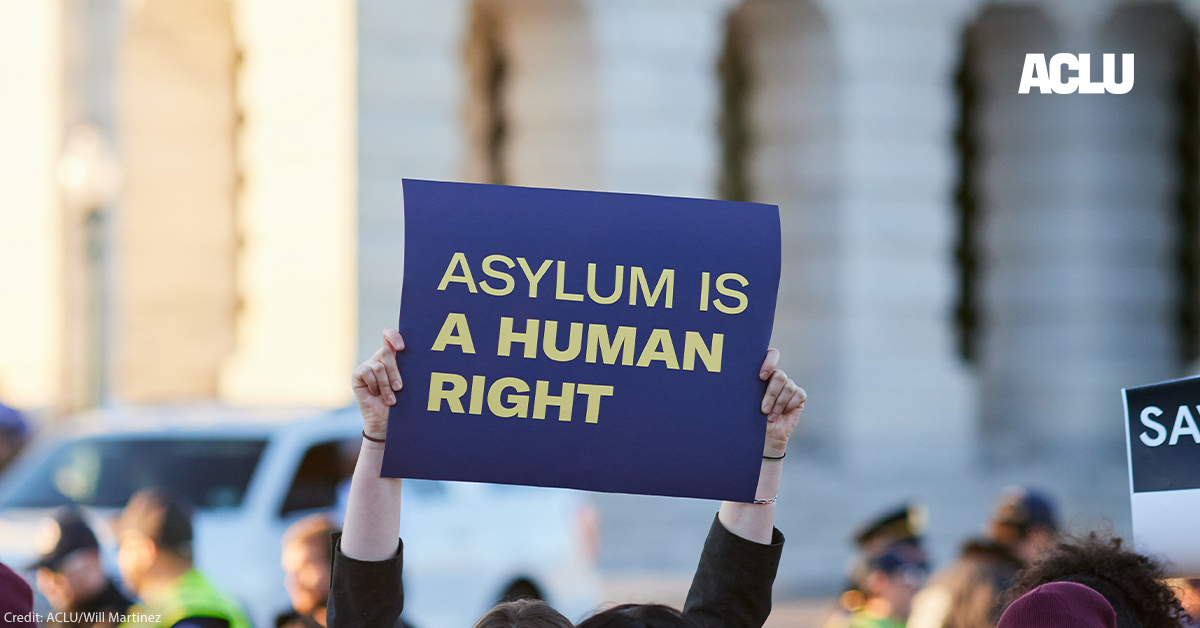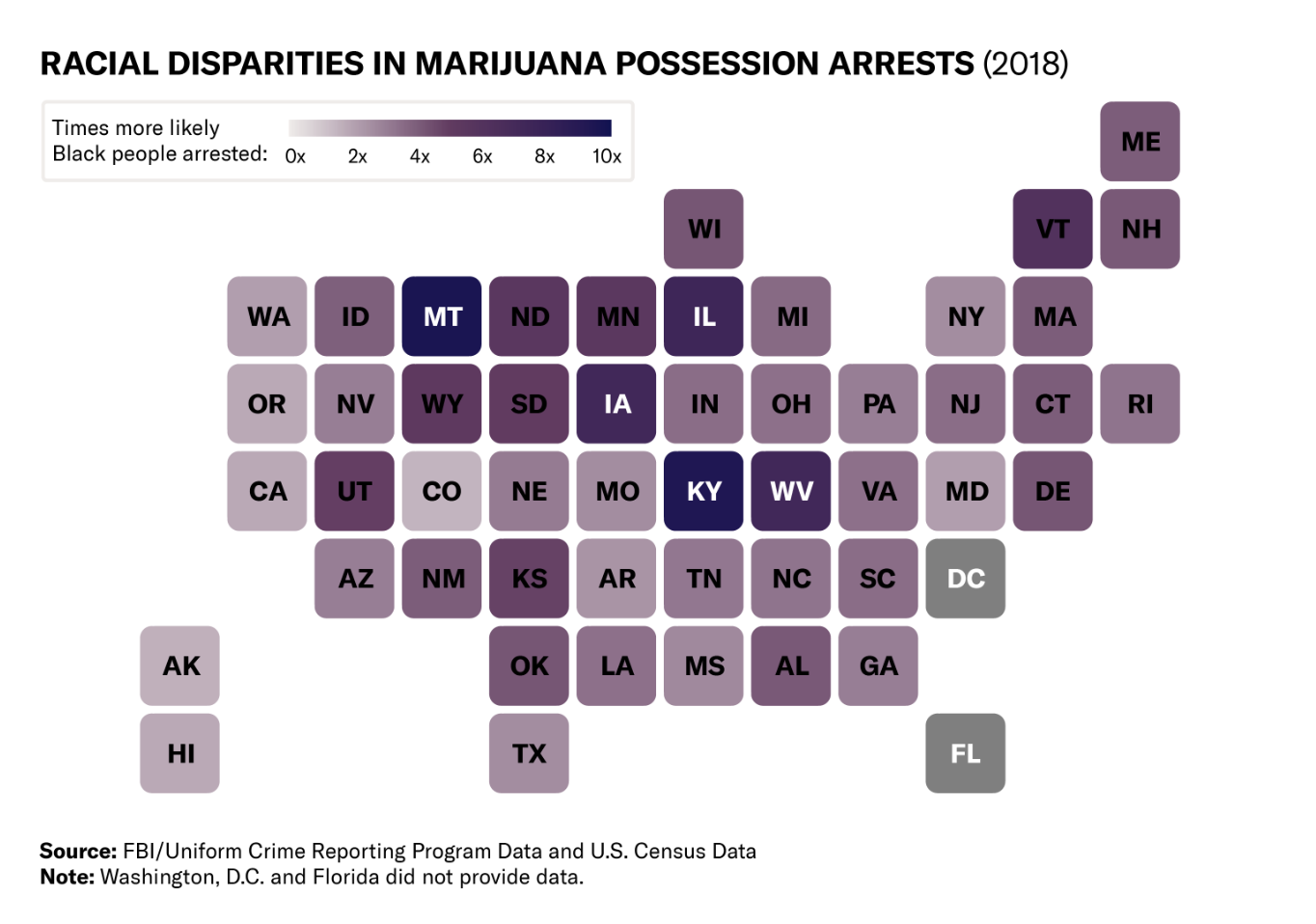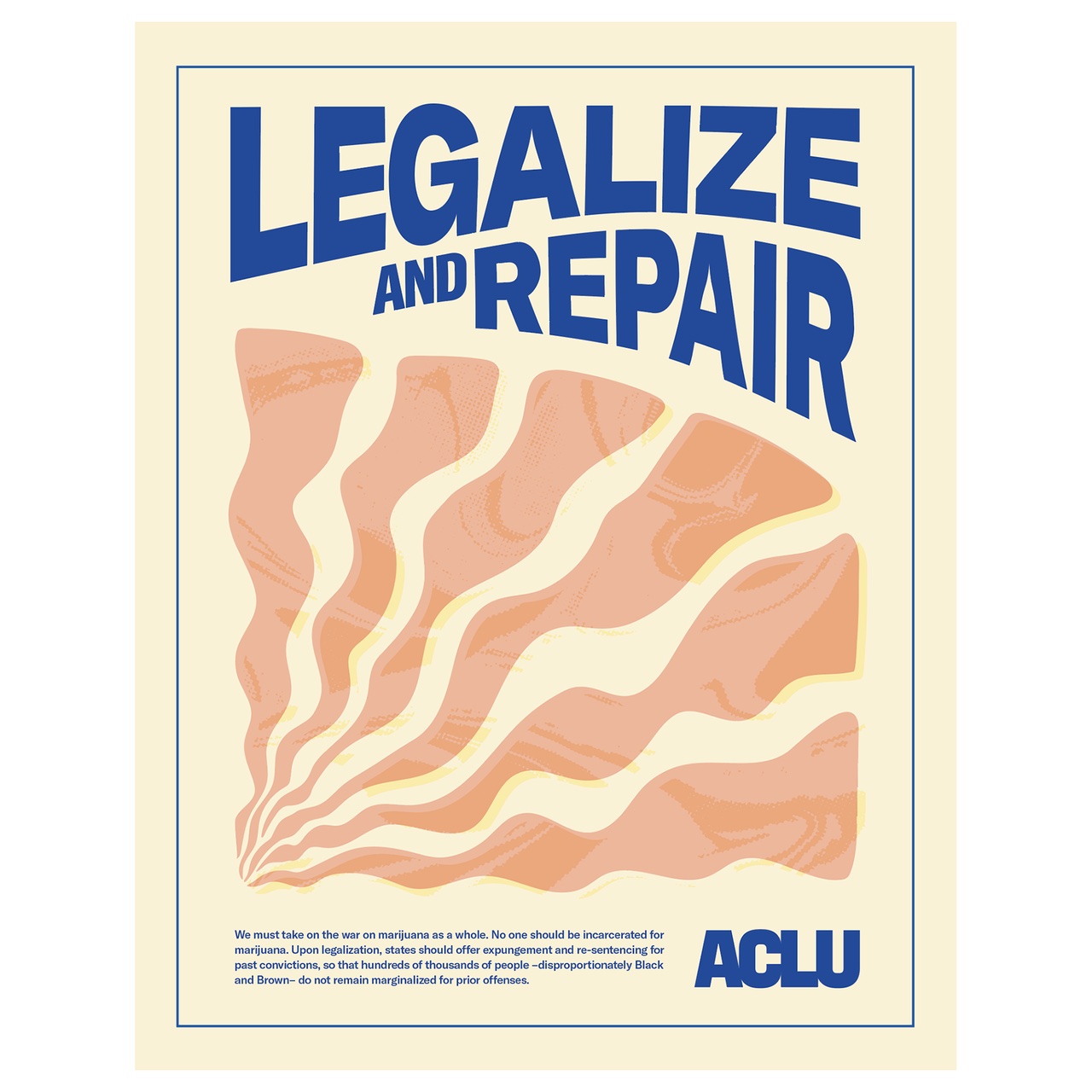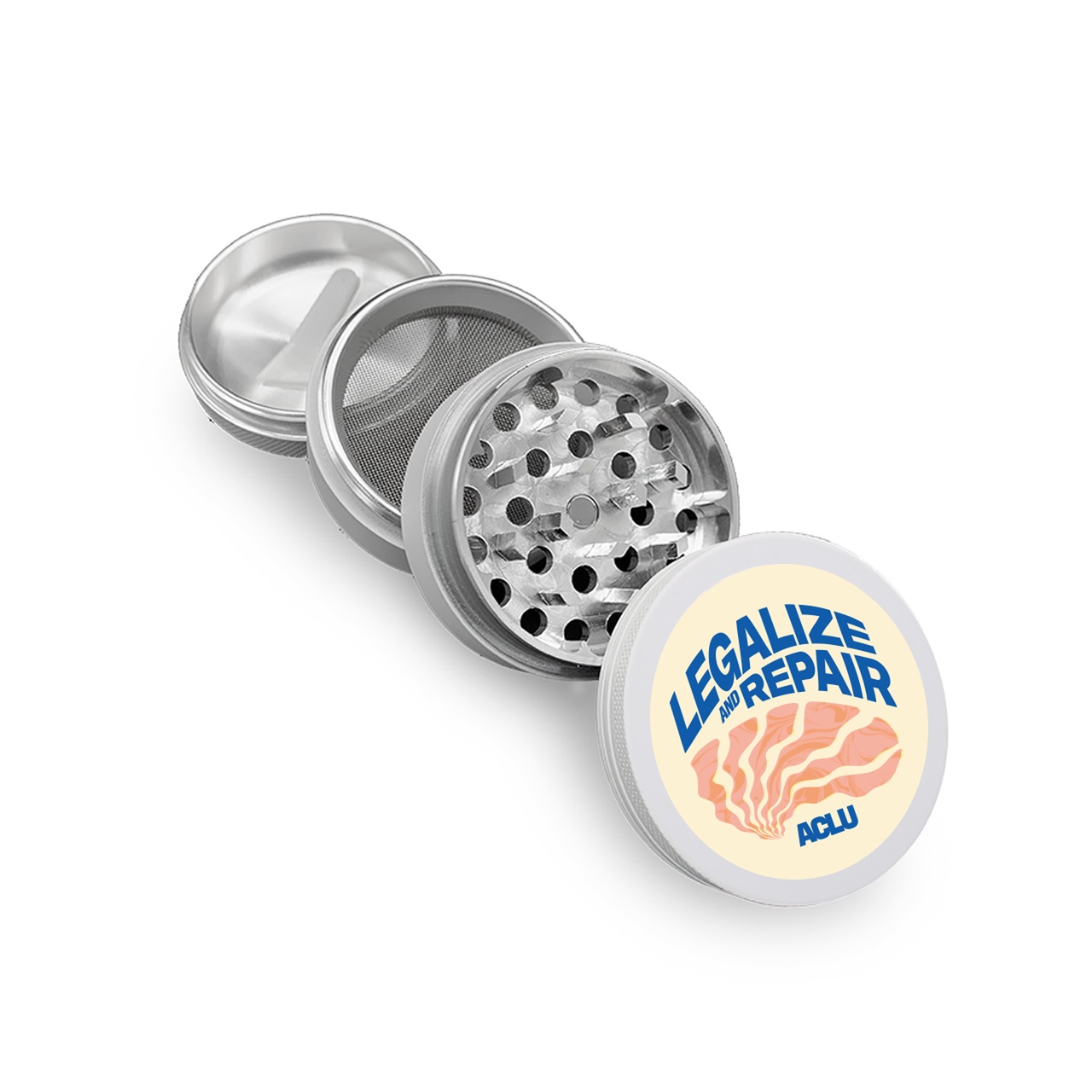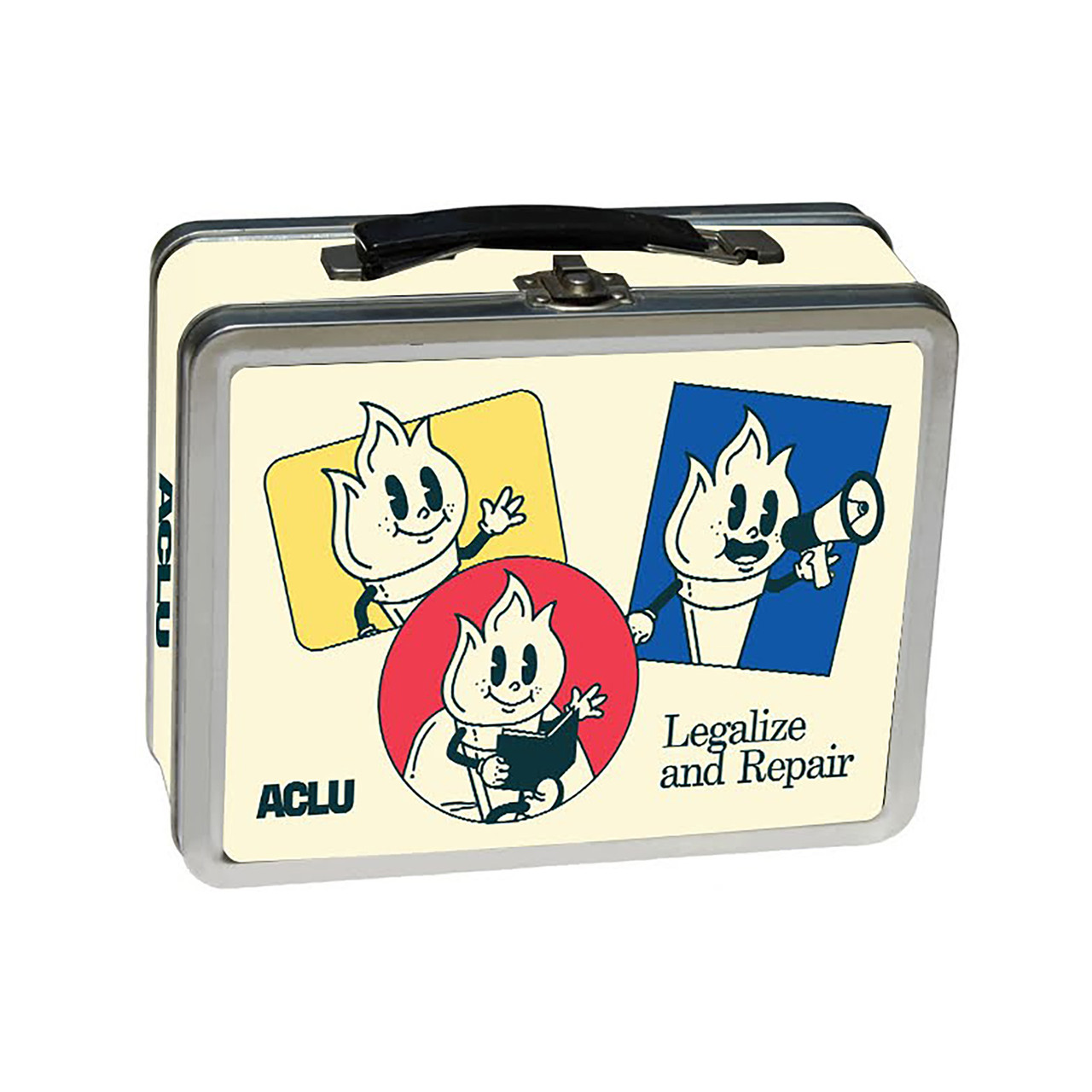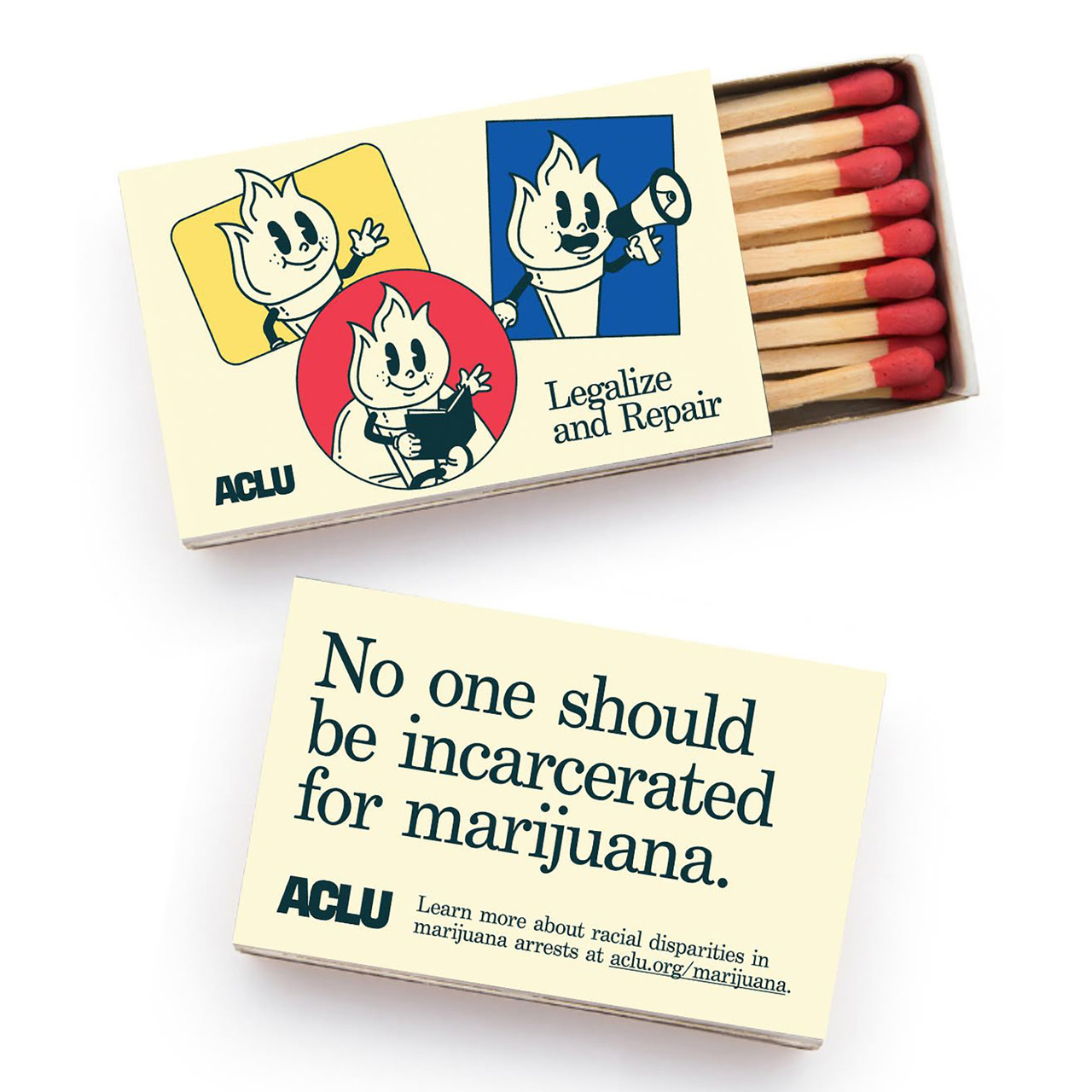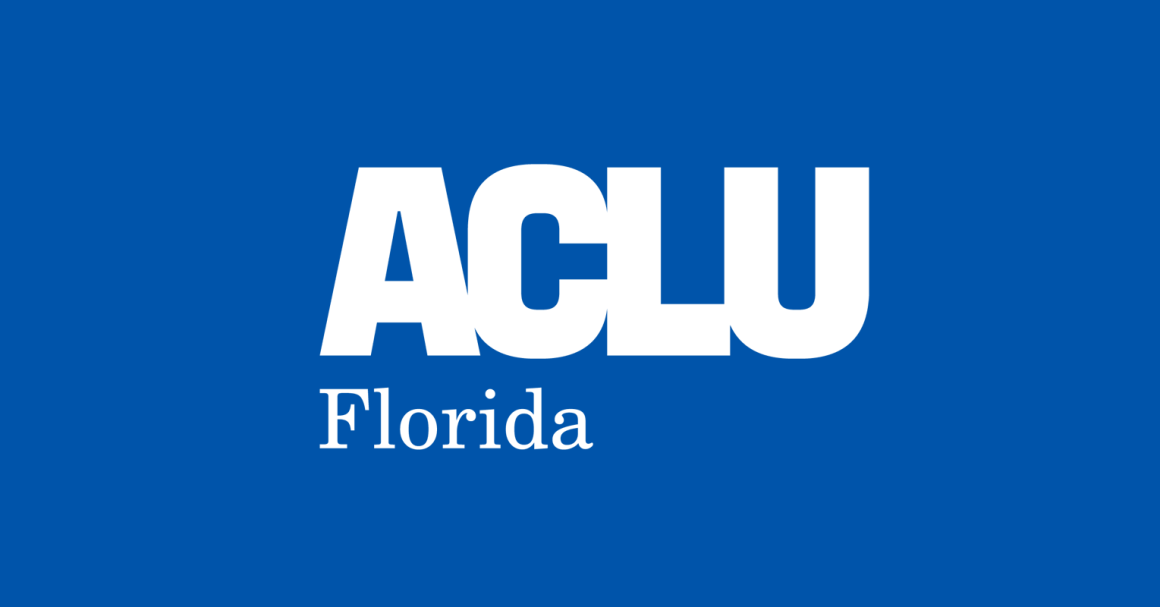Every year, thousands of asylum seekers from diverse corners of the world seek refuge in the United States. Many — like Indigenous people from Latin America and Africa — are fleeing persecution based on the languages they speak and their cultural, ethnic, and racial backgrounds. Their ability to access the asylum system has life-or-death consequences. Yet our government cuts off access to asylum and other fundamental rights based on language barriers alone.
The federal government has a responsibility to ensure people with limited English proficiency (LEP) can reasonably access its services. Failure to do so discriminates by excluding LEP people from federal programs. This infringes on LEP individuals’ constitutional due process and equal protection rights, as well as well-established language rights enshrined in federal law. Nevertheless, the government routinely denies asylum seekers critical language access throughout the asylum process.
Language Barriers Cut Off Access to Asylum, Cause Prolonged Detention, and Lead to Wrongful Deportations
Starting even outside the United States, anyone seeking asylum at the border generally must use the CBPOne app to obtain an elusive appointment. Beyond well-documented problems with accessibility, appointment shortages, racist facial recognition bugs, and other technical issues, the app is only available in English, Spanish, or Haitian Creole, with limited Russian and Portuguese features. Thousands of asylum seekers who speak other languages are left out, with dangerous consequences for those stranded in waiting.
Language access problems continue once LEP individuals finally enter the United States for asylum screening. The government admits that it struggles to provide interpreters for certain languages, especially rare or Indigenous languages, during screening interviews. As a result, asylum seekers often feel pressured to undergo interviews — which determine whether they can even pursue an asylum claim — in a more common language, even if they don’t speak it proficiently enough to communicate sensitive details of their claim.
Those who finally get an opportunity to apply for asylum must complete their application — a complicated legal document — entirely in English. For LEP asylum seekers in government detention facilities without translation or interpretation services, that’s impossible. Appallingly, immigration judges have ordered LEP asylum seekers to be returned to the countries they fled, simply because they could not fill out their asylum application in English, even when no language services were available. Moreover, immigration courts can’t find adequate interpreters for certain languages, leading to unnecessary and prolonged detention. Often, people are faced with an impossible choice: proceed in languages they don’t fully understand (and risk being denied protection) or give up. Effectively, the government blocks LEP people from presenting their asylum claims merely because of the language they speak — not because they lack a meritorious claim.
The Government Already Has Interpreters Available. Yet It Still Requires Affirmative Asylum Seekers to Find Their Own.
Affirmative asylum interviews are another glaring example of the government’s discrimination against LEP asylum seekers. Affirmative asylum interviews are a critical step in the asylum process — they are the only opportunity for someone to sit down with an asylum officer and explain their fear of persecution outside of the removal process. But for decades, the government has required LEP applicants to provide their own interpreters during these interviews. This puts a substantial logistical and financial burden on LEP asylum seekers, many of whom have limited financial means, and imposes an even greater burden on those who speak rare languages with only a handful of interpreters available across the country. LEP applicants who can’t find interpreters face delays or, worse, referral to removal proceedings.
Financial constraints force many applicants to use friends or family members to interpret. Serious ethical and practical concerns follow. Applicants may hesitate to share the full scope of their trauma or asylum claim with loved ones; untrained interpreters may lack an understanding of professional norms of confidentiality and conduct for interpretation or may struggle to accurately translate technical legal terminology. Inaccurate interpretation prevents applicants from fully presenting their claims, and can cause erroneous credibility findings.
The interpreter requirement is also inefficient and illogical. The government already contracts professional interpreters who monitor the quality of applicant-provided interpreters during interviews. That’s right: the government already pays for interpreters to participate in these interviews. It has stated on multiple occasions that these contract monitors can provide more efficient interpretation at no additional cost. But asylum officers regularly reschedule interviews when applicants fail to bring an interpreter, even though the government’s interpreter is already present.
During the COVID-19 pandemic, the government temporarily permitted applicants to use contract monitors as interpreters during asylum interviews. But the government recently and abruptly ended this policy without explanation, once again requiring applicants to bring their own interpreters. Now, more than ever, the government faces an unprecedented backlog of affirmative asylum cases with an outdated, inefficient, and discriminatory interpreter rule.
The Government Should Abandon Its Outdated and Discriminatory Rule
The ACLU is fighting back. Along with 52 organizations from across the country, we are petitioning the government to abandon its illogical and discriminatory rule requiring applicants to bring their own interpreters. Our ask is simple and common sense: change the regulation and permit asylum applicants to use the government-funded interpreters already present during asylum interviews at the applicant’s discretion. This will ensure that LEP asylum seekers have a meaningful opportunity to present their asylum claims and make one small but significant step toward bridging the gaps in language access in our asylum system.
Date
Thursday, April 18, 2024 - 4:45pmFeatured image
